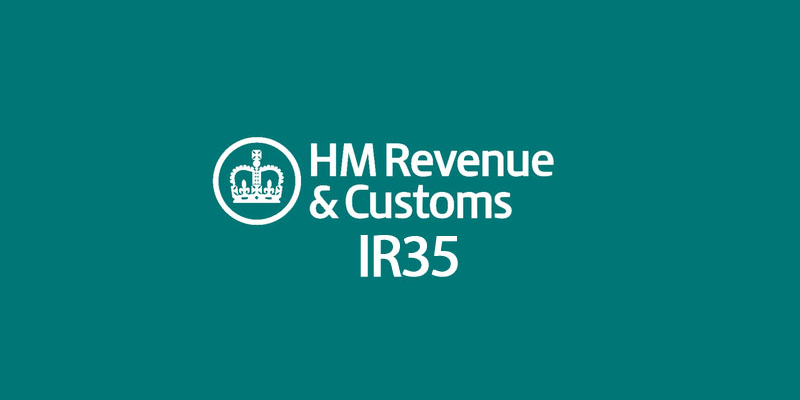
telephone: 01793 771093 email: theteam@lexington.email



The Government has launched a review of the forthcoming changes to off-payroll working rules (IR35)
This follows a number of concerns raised by businesses and affected individuals about how the new rules will be implemented.
The review will, the Government says, determine if any further steps can be taken to ensure the smooth and successful implementation of the reforms, which are due to come into force in April 2020. As part of this, the review will also assess whether any additional support is needed to ensure that the self-employed, who are not in scope of the rules, are not impacted.
The Government will launch a separate review to explore how it can better support the self-employed. That will include improving access to finance and credit, making the tax system easier to navigate, and examining how better broadband can boost homeworking.
As part of the review, which will conclude by mid-February, the Government will hold a series of roundtables with stakeholders representative of those affected by the reform, including contractor groups and medium and large-sized businesses, to understand how the government can ensure smooth implementation of the reforms. The Government will also carry out further internal analysis, including evaluation of the enhanced Check employment status for tax (CEST) tool and public sector bodies’ experience of implementing the reform to the off-payroll working rules in 2017.
In parallel to the review, HMRC will continue its programme of education and support activities, such as one-to-one engagement, webinars and workshops representatives to help them prepare for implementation on 6 April 2020. Anyone can enrol for HMRC’s webinars using the following link: https://attendee.gotowebinar.com/rt/6851279454994685185
From 6 April 2020, all medium and large-sized private sector clients will be responsible for deciding if the IR35 rules apply to their contractors. This moves the onus for IR35 decisions away from the worker to the (medium and large) private sector engager.
This responsibility already applies to public sector authorities. However, from 6 April 2020, there are extra responsibilities that will affect public sector authorities.
However, note that if a worker provides services to a small client in the private sector, the worker will remain responsible for deciding their employment status and if the rules apply.
The off-payroll working rules (IR35) can apply if a worker provides their services to a client through their own intermediary. The intermediary can be:
The off-payroll working rules are intended to make sure that, where an individual would have been an employee if they were providing their services directly, they pay broadly the same tax and national insurance as an employee.
The burden of responsibility for deciding if a worker is caught by IR35, or not, falls on the engager if they are a Public Sector body. If the engager is a Private Sector business, the onus is currently on the worker. However, for Private Sector engagements, this burden of responsibility will be moving from the worker to the engager, from April 2020. Although importantly, this will not apply to small Private Sector businesses.
The four key factors for a worker to prove that they are genuinely self-employed, and not caught by IR35 are:
To be self-employed the “worker” has to win on both of the first two: no control; and no mutuality of obligations.
We will keep you informed about all further developments.